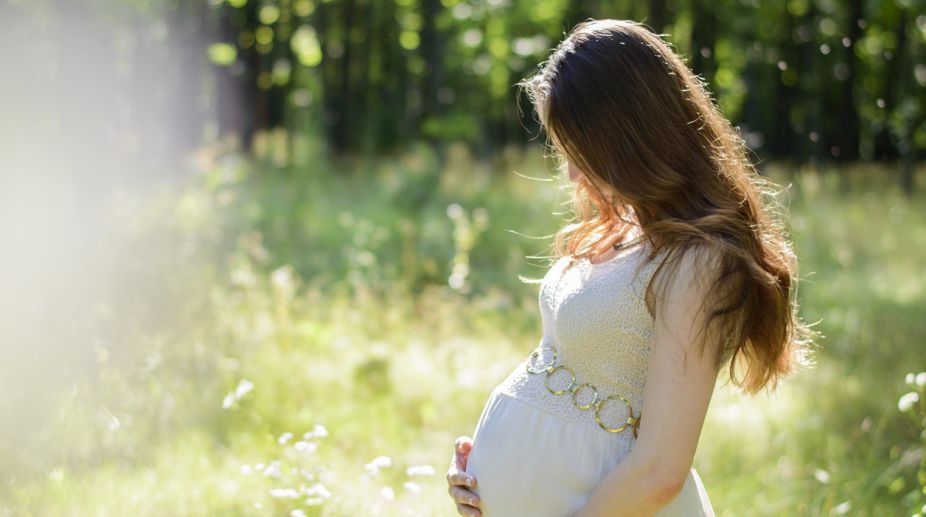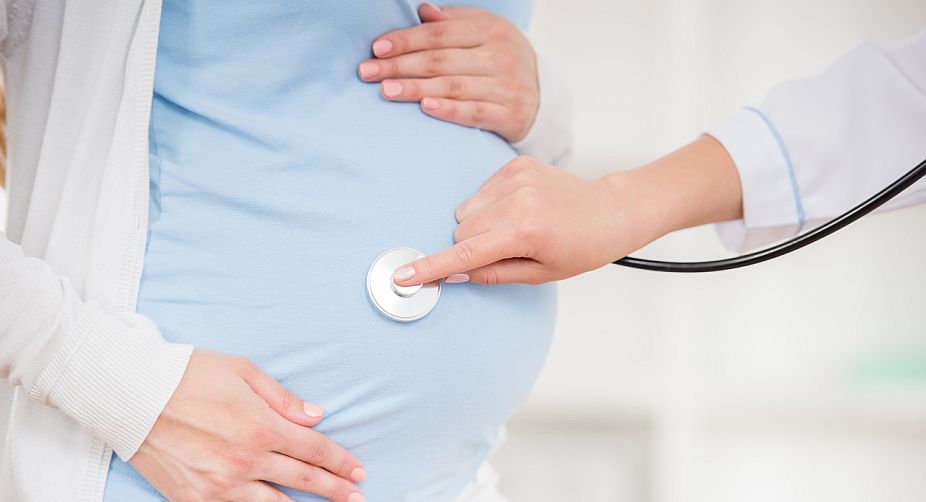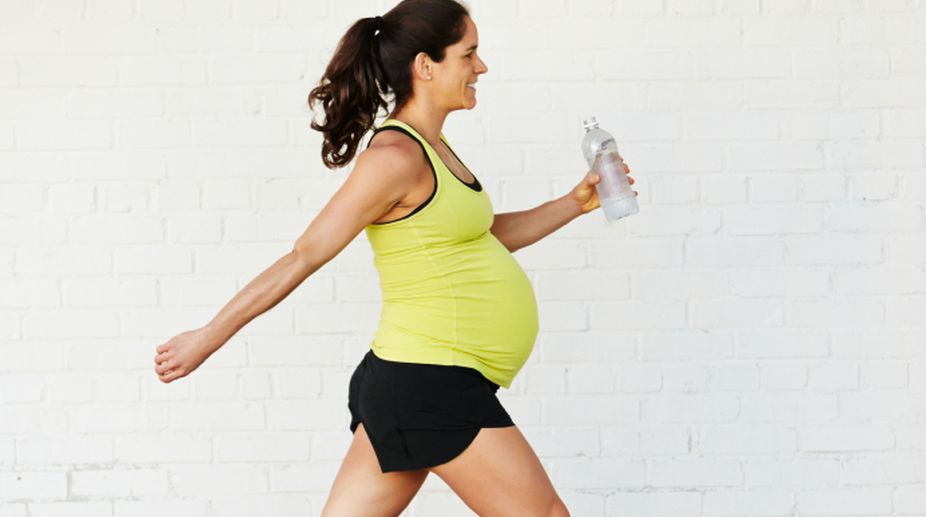Injured BJP MPs health condition better, under observation: Dr RML Hospital
Sarangi and Rajput sustained injuries during a scuffle between the Congress-led Opposition and the ruling BJP-led NDA at the Parliament entrance on Thursday.
Among overweight or obese women, walking at least 10 minutes at a time was associated with improvement in fecundability.

(Photo: Getty Images)
If you have a history of pregnancy loss, do not lose hope as a new study suggests that physical activity such as walking may improve the chances of conceiving among women who are overweight or obese.
The study, published in the journal Human Reproduction, suggested that women reporting more than four hours a week of vigorous activity had significantly higher pregnancy chances compared to no vigorous activity.
Advertisement
“One of our main findings is that there was no overall relationship between most types of physical activity and the likelihood of becoming pregnant for women who had already had one or two pregnancy losses, except for walking…,” said co-author Lindsey M Russo from the University of Massachusetts Amherst in the US.
Advertisement

“… which was associated with higher likelihood of becoming pregnant among women who were overweight or obese,” Russo added.
For the study, researchers recruited 1,214 women between 18 to 40 years old with a history of one or two pregnancy losses.
The researchers found that the association of walking with the ability to become pregnant — known as fecundability — varied significantly by body mass index (BMI).

Among overweight or obese women, walking at least 10 minutes at a time was associated with improvement in fecundability, the researcher said.
Moderate activity, sitting and other activity categories were not associated with fecundability overall or in BMI-stratified analyses, they added.
The researchers noted that these findings provide positive evidence for the benefits of physical activity in women attempting pregnancy, especially for walking among those with higher BMI.
Advertisement